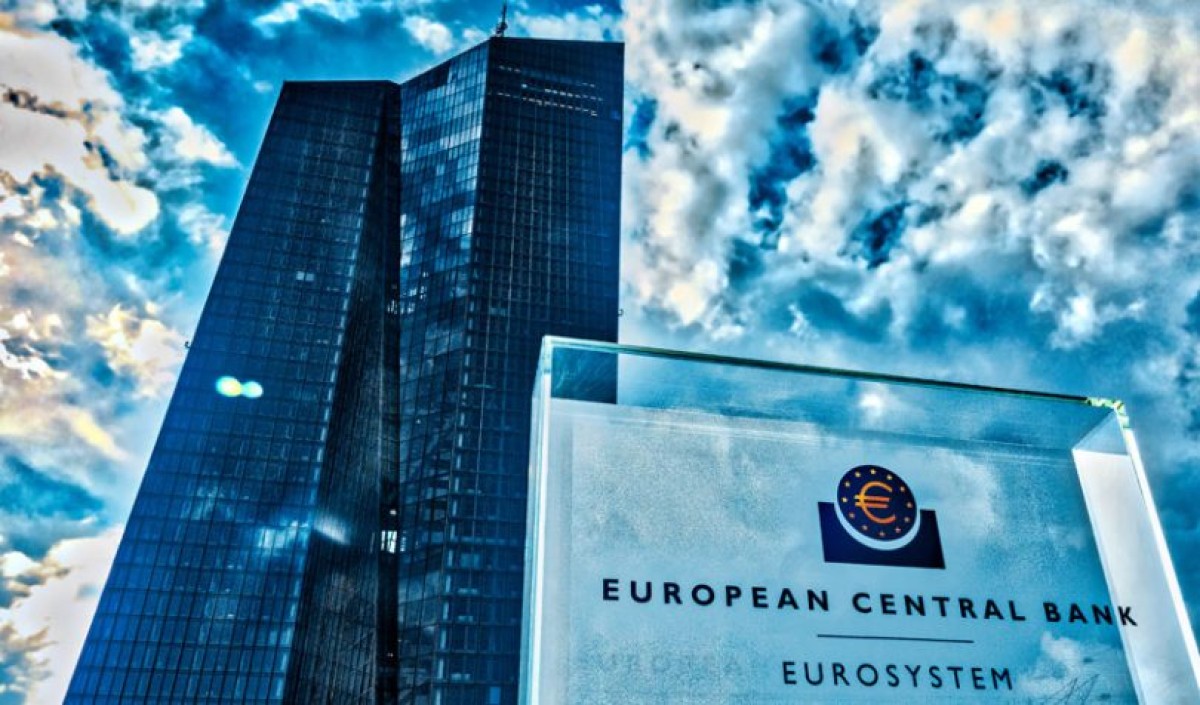 265
265
At the European Central Bank, the workers are on a war footing. The employees' union (IPSO) is strongly dissatisfied with the bank's management's proposal to increase wages by only 4.07% in 2023 when inflation forecasts currently stand at 7.5%.
According to the latest economic bulletin of the European Central Bank, in the euro area “real wages are substantially lower than in the period before the pandemic”, and this for the ECB could lead the unions to ask for higher wage increases in the upcoming negotiations, especially in the lower-wage sectors.
But what appears to be a dutiful and common sense measure, given the price increases, is instead experienced with alarm by the main European financial institution. In fact, according to the ECB, this trend fuels fears that high inflation (9.2% in December) could continue “if wage setting were adjusted to price trends on a more permanent basis”.
So much so that the president of the ECB, Christine Lagarde, recently affirmed that “faced with this risk”, the duty of the Executive Board will be to prevent the wage spiral from affecting expectations on long-term cost of living. Membership of the European Union is seen as “a good thing” by only 46% of Italian citizens, according to the latest Eurobarometer survey by the European Parliament.
The survey underlines how the recent crises, and in particular Russia’s war against Ukraine, are strengthening the support of European citizens, 62% of whom are in favor of joining the EU; in Italy, however, the figure is among the lowest after Slovakia (44%), Greece (43%) and Austria (42%). 13% of Italians also consider membership as a negative thing.
The President of the European Commission Ursula von der Leyen proposed today, during the College of Commissioners which was also attended by NATO Secretary General Jens Stoltenberg – to organize a joint meeting in Kiev, in the first week of February, between Community Executive and the Government of Ukraine. This was confirmed to ANSA by a senior EU official. 10-15 European commissioners should go to Kiev. For security reasons, there is little further information on the meeting which will be “a separate meeting” with respect to the already announced EU-Ukraine summit, confirmed for 3 February.
Comment
Post a comment for this article